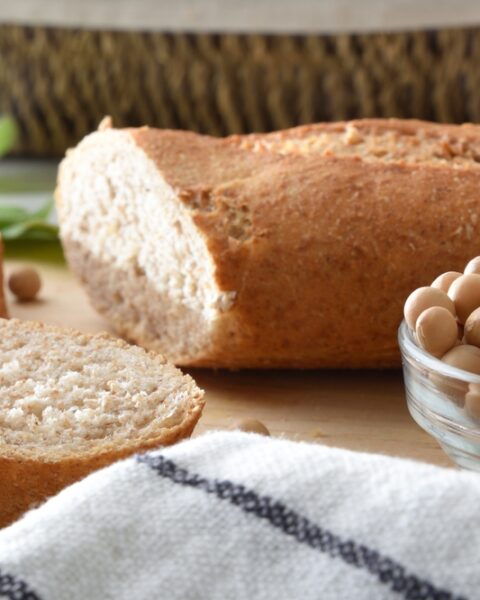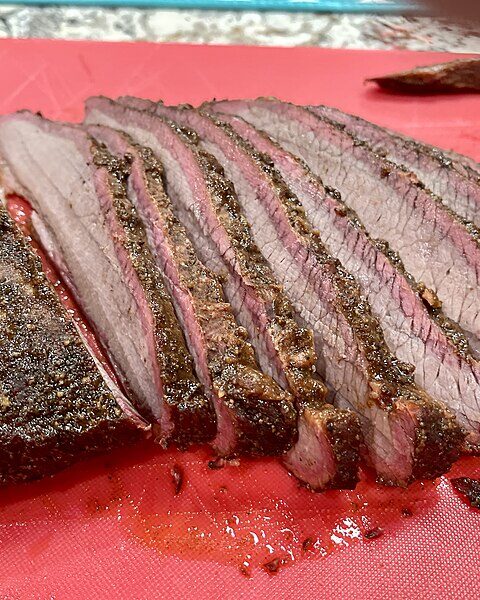Keeping a clean home is something we all strive for, but the products we use and the way we use them can sometimes be based on misconceptions. While the cleaning aisle is filled with a variety of options, not everything on the label or the internet reflects the full truth.There are plenty of myths that can mislead us. Understanding the facts behind these common misconceptions can help you clean more effectively and safely, saving time and money in the long run.
Contents
- 1 Bleach Cleans Everything
- 2 Vinegar Disinfects Just Like Bleach
- 3 Natural Products Are Always Safer
- 4 More Detergent Means Cleaner Clothes
- 5 Cleaning Products Should Always Be Rinsed Off
- 6 Disinfecting Wipes Work Instantly
- 7 All-Purpose Cleaners Are Safe on All Surfaces
- 8 Antibacterial Products Are Better Than Regular Cleaners
- 9 More Scrubbing Equals a Cleaner Surface
- 10 Air Fresheners Clean the Air
- 11 Baking Soda and Vinegar Together Are a Powerful Cleaner
- 12 All Green Products Are Eco-Friendly
- 13 You Should Always Use Hot Water for Cleaning
- 14 Cleaning with Alcohol Kills All Germs
- 15 More From RetailShout
- 16 14 Mouthwatering Barbecue Recipes for the Perfect Grill
- 17 25 Perfectly Baked Chicken Recipes for Any Meal
Bleach Cleans Everything
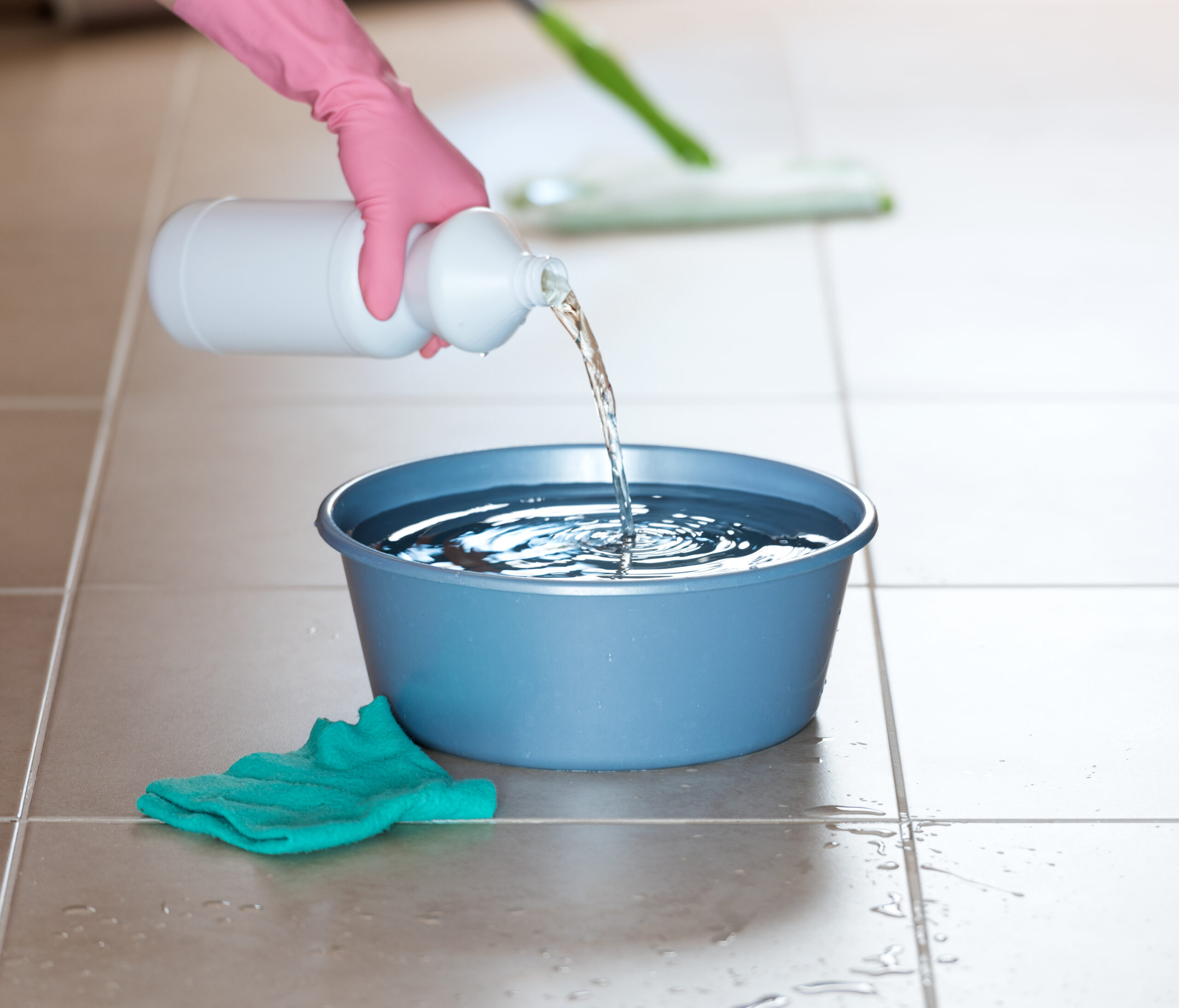
One of the most common misconceptions is that bleach is an all-purpose cleaner. While bleach is excellent for disinfecting surfaces, it doesn’t clean dirt and grime effectively. Bleach lacks the surfactants needed to remove oily or greasy residues. Moreover, using bleach on certain surfaces, like wood or metal, can cause damage over time. It’s crucial to use the right cleaner for the specific task at hand.
Vinegar Disinfects Just Like Bleach
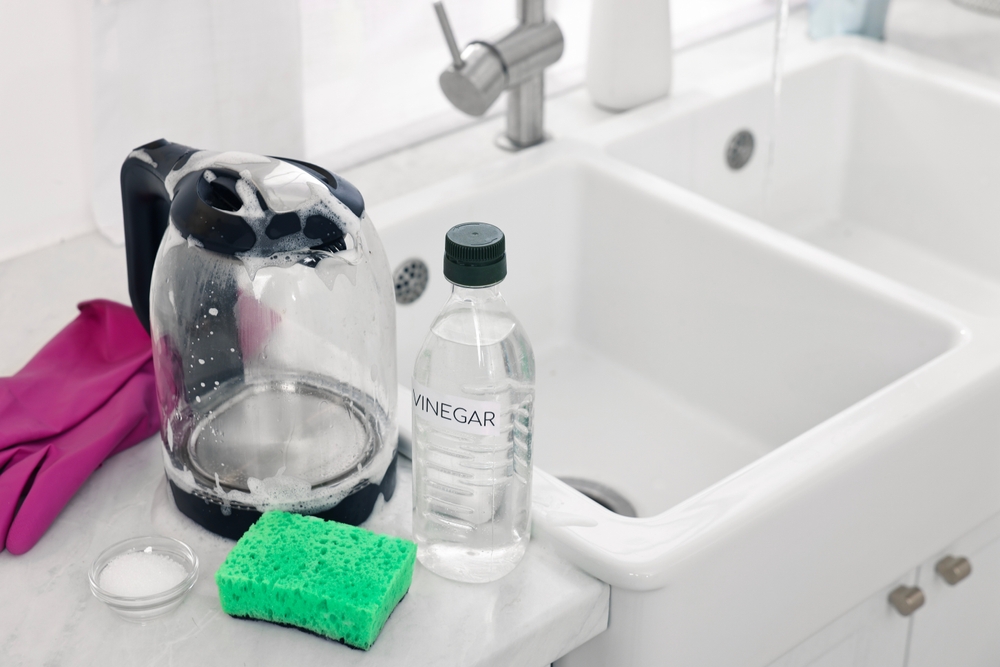
Many believe that vinegar is a natural disinfectant as powerful as bleach, but this is not entirely accurate. Vinegar can kill some bacteria and viruses, but it’s not as effective as commercial disinfectants. Vinegar’s acidity helps in breaking down grease and removing mineral deposits, but it won’t effectively eliminate all pathogens. For true disinfection, it’s best to use products specifically designed for that purpose.
Natural Products Are Always Safer
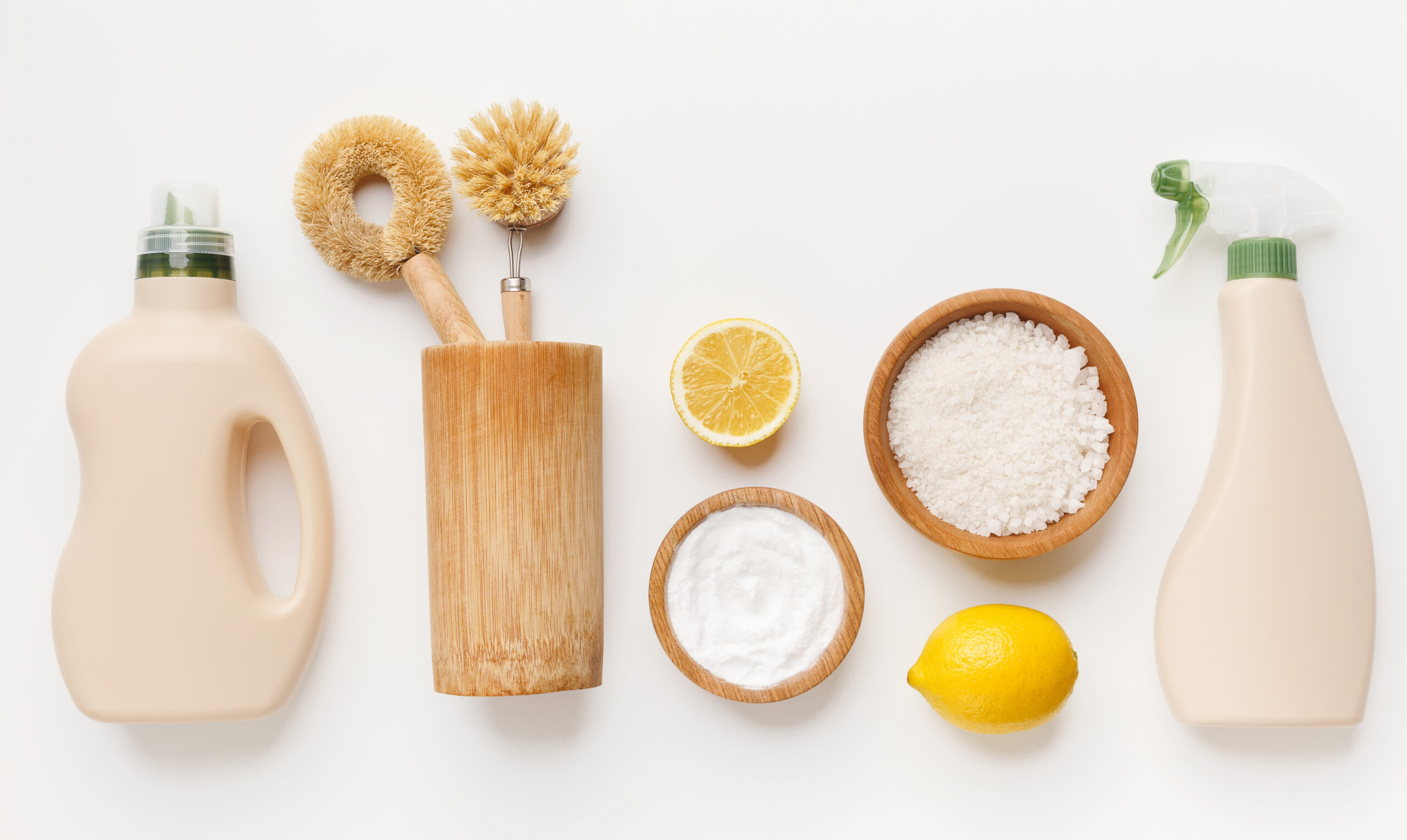
There’s a growing belief that natural cleaning products are inherently safer than their chemical counterparts. However, “natural” doesn’t always mean non-toxic or harmless. Some natural substances, like essential oils, can cause allergic reactions or be harmful to pets. Additionally, natural products may not always be as effective at killing germs, leading to potential hygiene issues.
More Detergent Means Cleaner Clothes
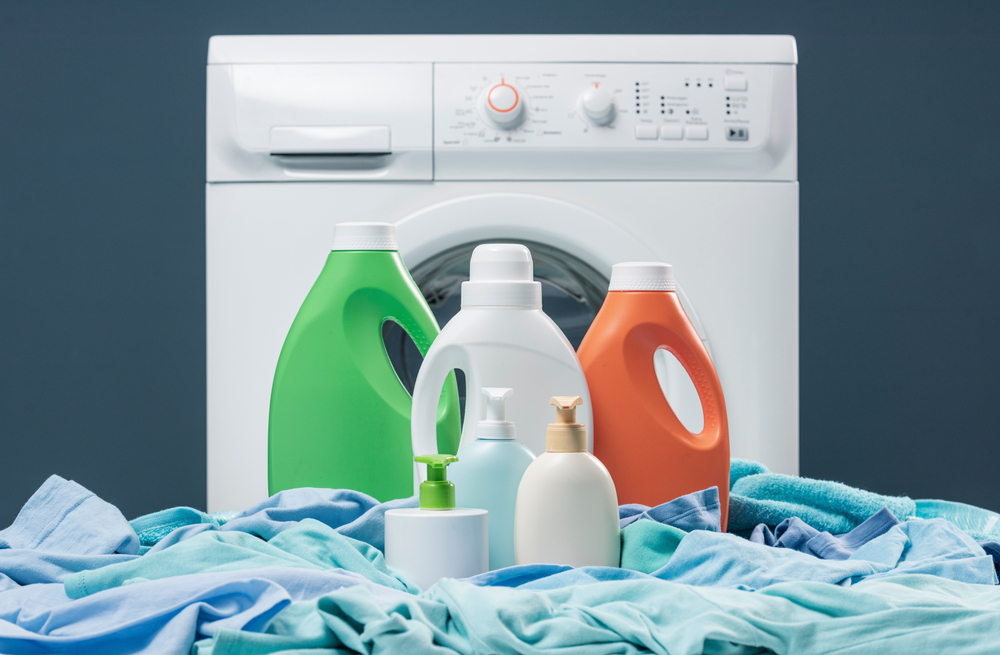
It’s easy to assume that using more detergent will result in cleaner clothes, but the opposite is often true. Excess detergent can create a build-up of soap residue on fabrics, leading to dingy clothes over time. It can also leave behind a residue in your washing machine, which can harbor bacteria and mold. Using the recommended amount is usually sufficient for achieving clean laundry.
Cleaning Products Should Always Be Rinsed Off
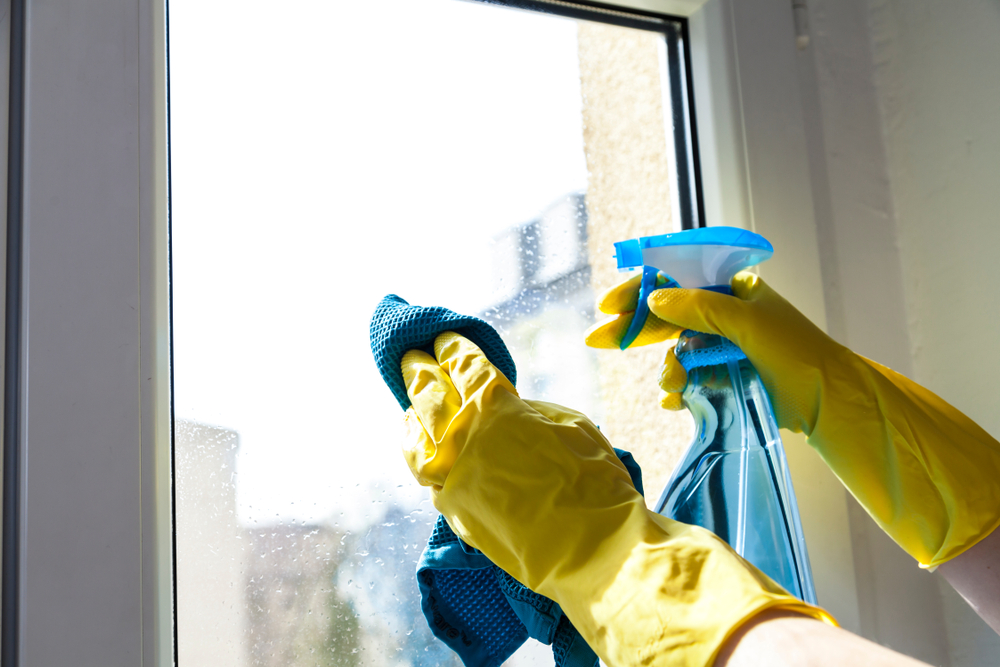
Some people believe that all cleaning products need to be rinsed off after use, but this isn’t always necessary. Many modern cleaners are designed to be sprayed on and left to dry, especially on surfaces like glass or countertops. Rinsing can dilute the cleaner and reduce its effectiveness. However, it’s important to read the label to understand whether a product needs rinsing or not.
Disinfecting Wipes Work Instantly
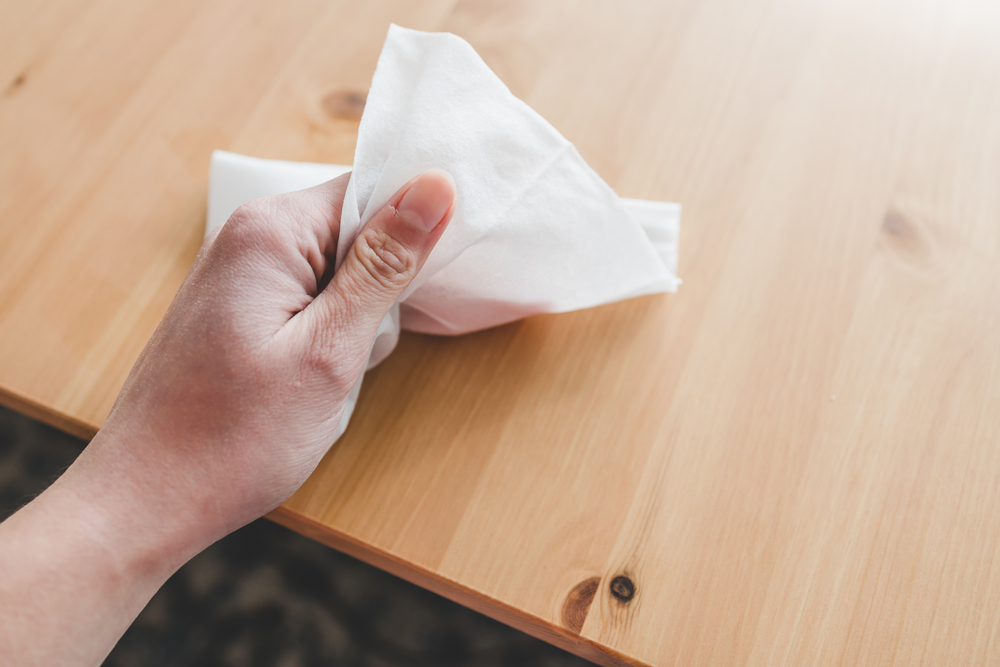
There’s a misconception that disinfecting wipes kill germs the moment they touch a surface. In reality, these wipes need to be left on the surface for a certain amount of time to be effective. The surface must remain wet for the entire contact time, often listed on the label, to ensure that the product works properly. Simply wiping and immediately drying the surface might not provide adequate disinfection.
All-Purpose Cleaners Are Safe on All Surfaces
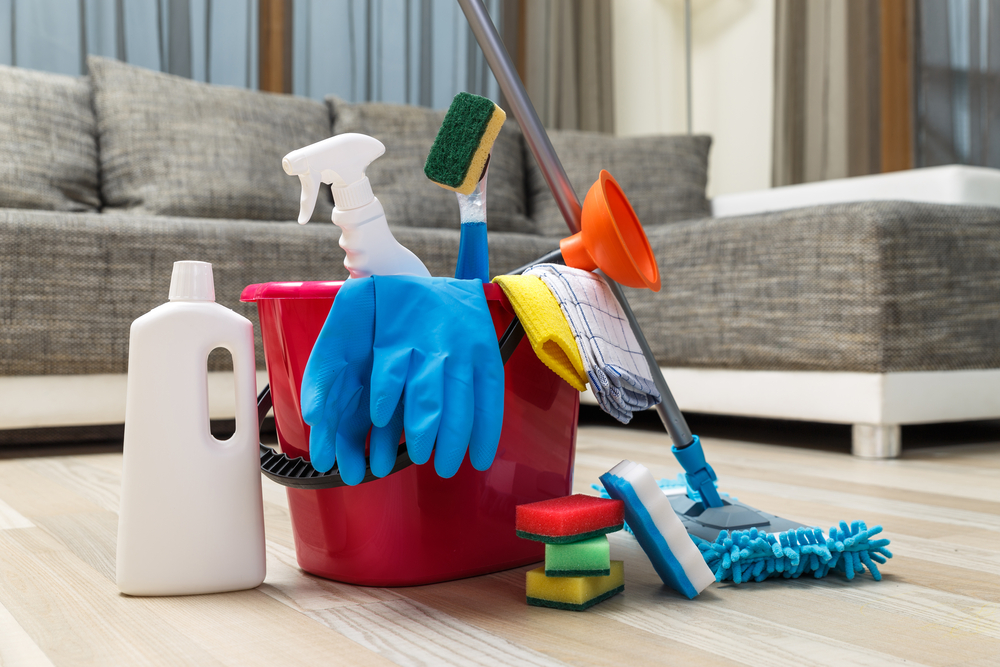
The term “all-purpose” can be misleading, as these cleaners are not necessarily safe for every surface in your home. Some all-purpose cleaners can damage delicate surfaces like granite, marble, or hardwood. They might also strip away protective coatings or leave streaks. It’s essential to check whether the cleaner is suitable for the material before use.
Antibacterial Products Are Better Than Regular Cleaners
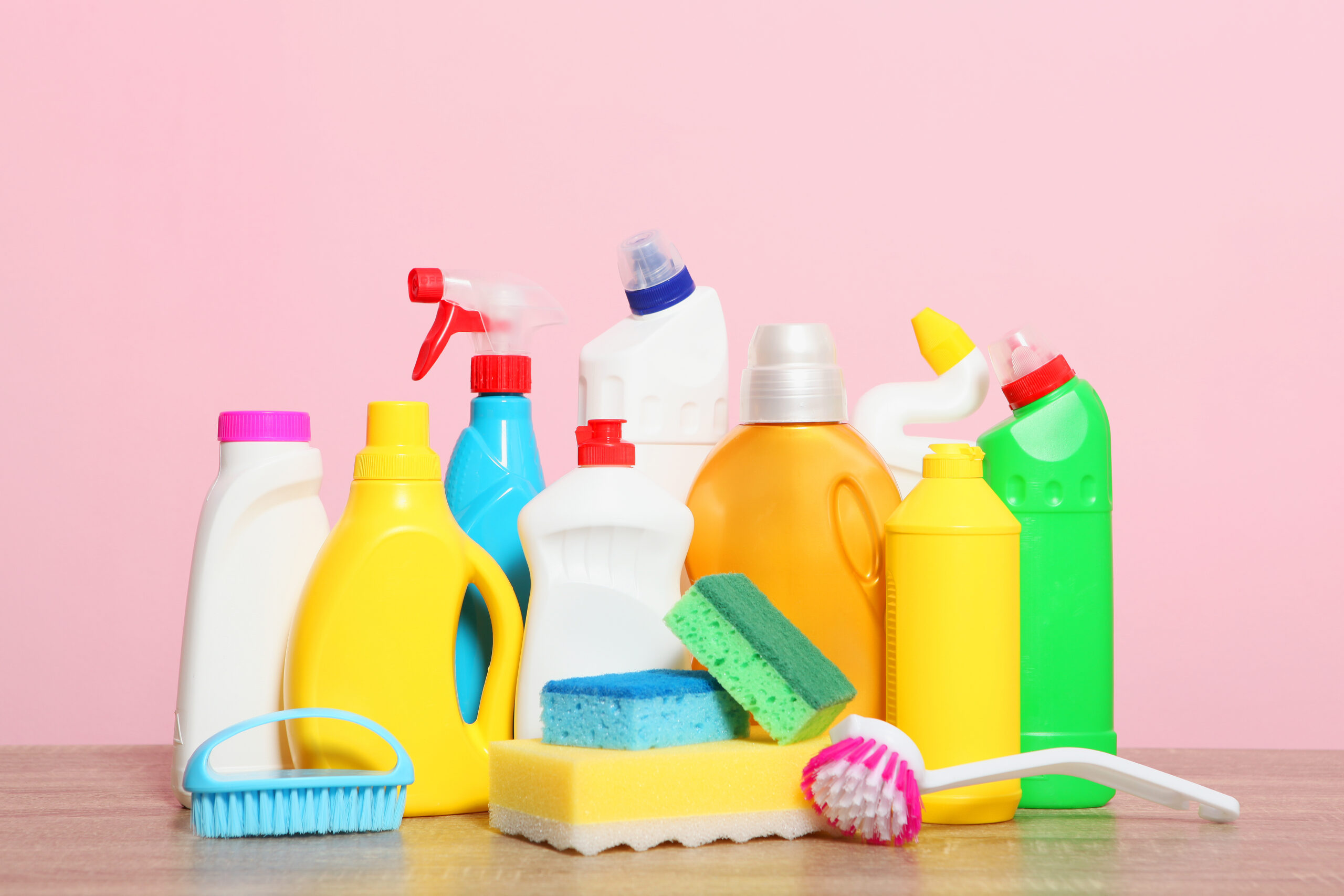
Many people believe that antibacterial cleaners are superior to regular ones for everyday cleaning, but this isn’t always necessary. Overuse of antibacterial products can contribute to the development of resistant bacteria. For most cleaning tasks, regular soap and water are sufficient to remove dirt and germs. Antibacterial products should be reserved for situations where they are truly needed.
More Scrubbing Equals a Cleaner Surface
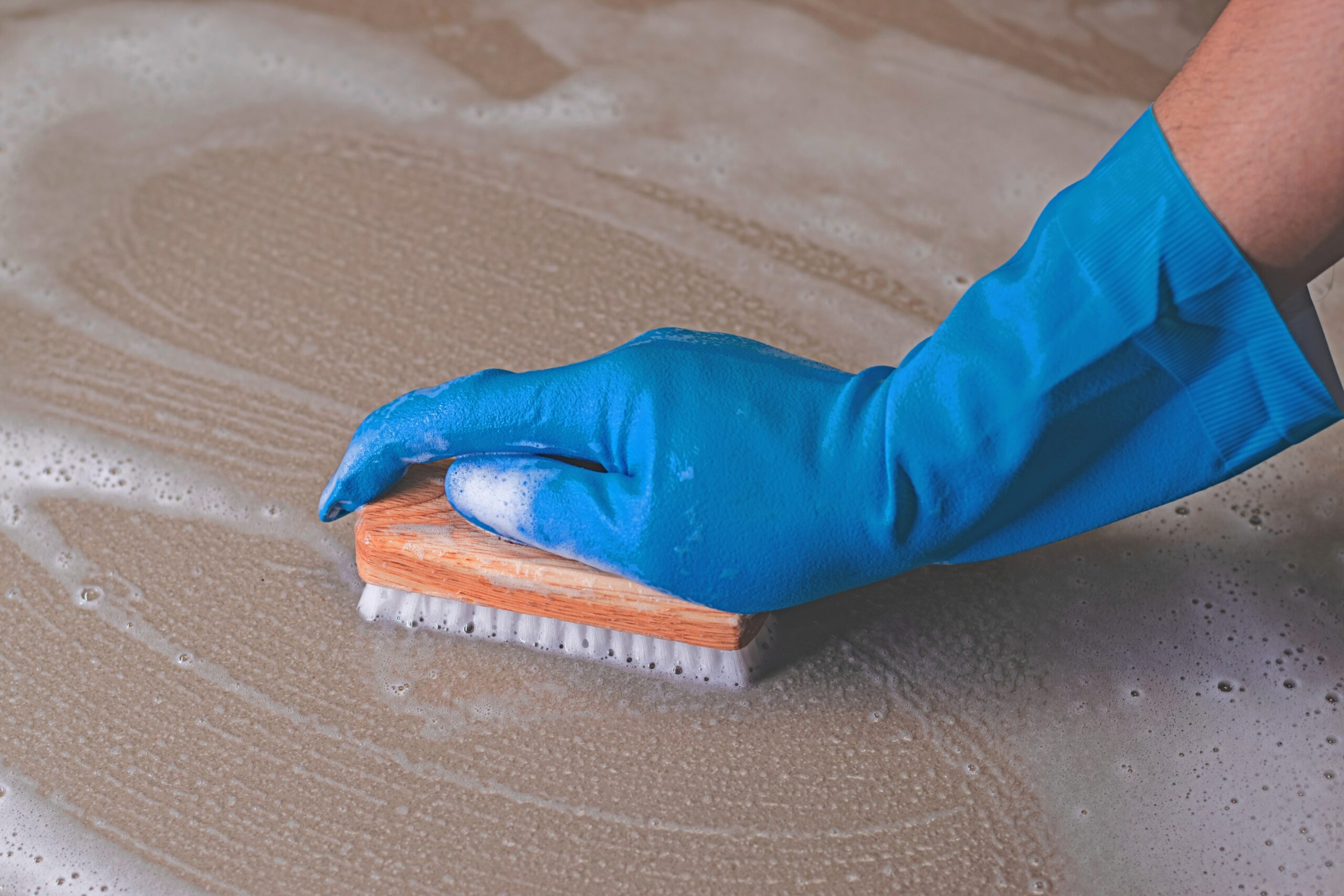
The belief that vigorous scrubbing is the best way to clean a surface is widespread, but it’s not always necessary. Over-scrubbing can damage surfaces like stainless steel, glass, and ceramic, leaving scratches or dulling the finish. Often, letting the cleaner sit for a few minutes before wiping can reduce the need for heavy scrubbing. It’s more about using the right product and technique than brute force.
Air Fresheners Clean the Air
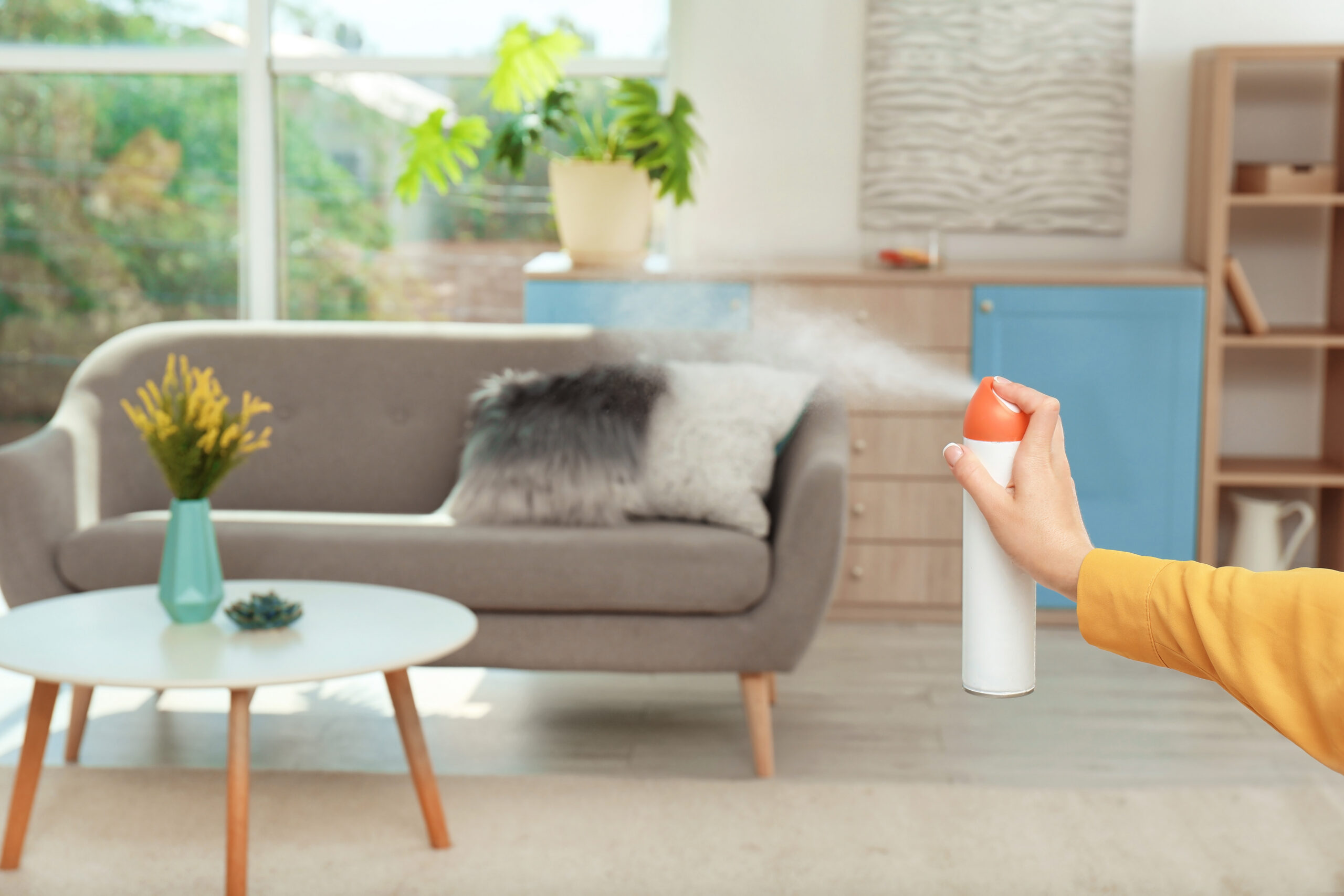
Air fresheners are often mistaken for products that clean the air, but they primarily mask odors rather than eliminate them. They contain fragrances that provide a temporary pleasant scent but do not address the source of the odor. Some air fresheners can even add pollutants to the air, especially if they contain volatile organic compounds (VOCs). It’s better to find and eliminate the source of the odor rather than relying solely on air fresheners.
Baking Soda and Vinegar Together Are a Powerful Cleaner
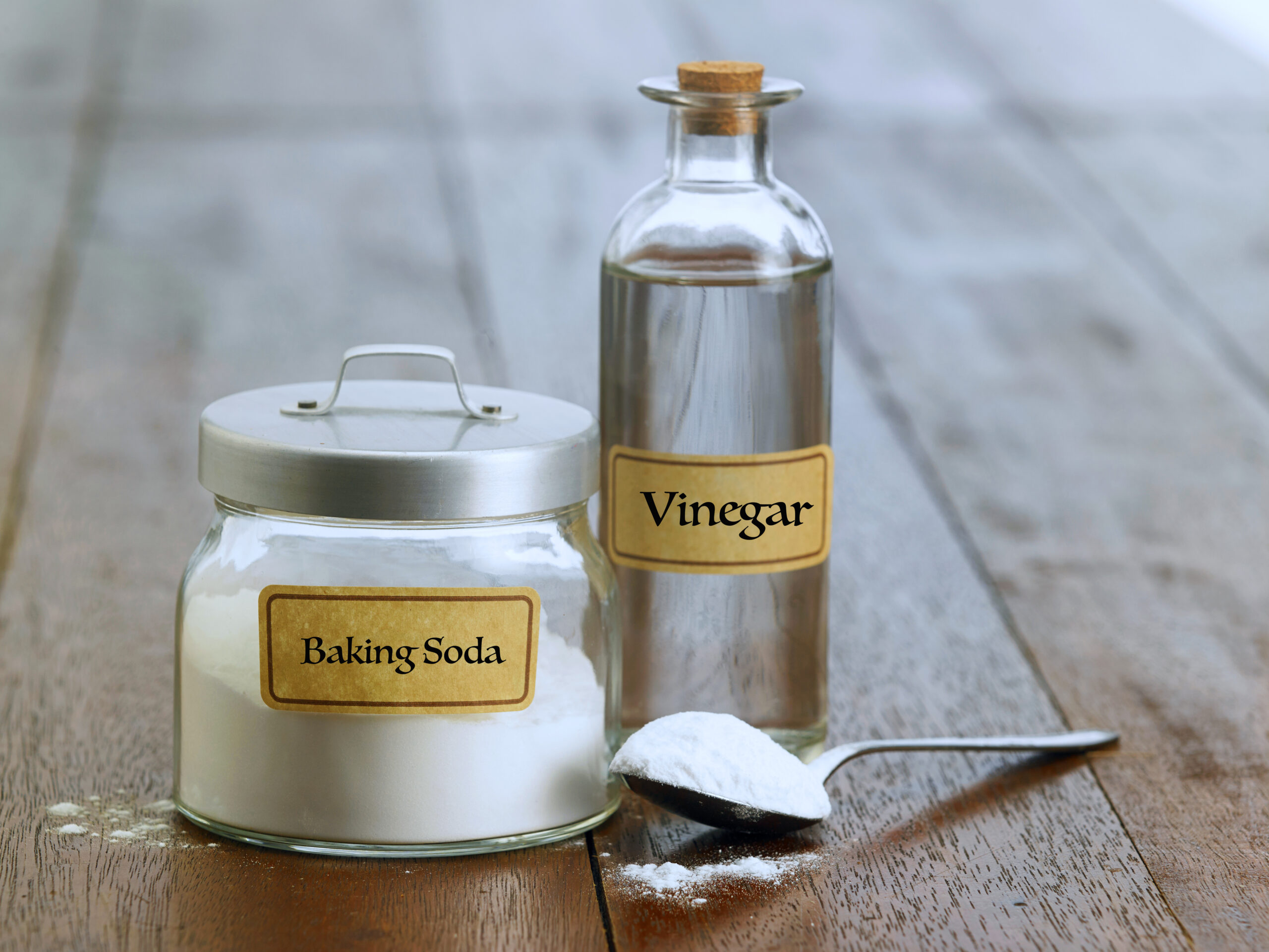
Mixing baking soda and vinegar is a popular homemade cleaning solution, but it’s not as effective as many believe. While the combination can create a fizzy reaction, which seems powerful, the reaction actually neutralizes the two substances. This results in water with a small amount of sodium acetate, which has limited cleaning power. It’s often more effective to use them separately depending on the cleaning task.
All Green Products Are Eco-Friendly
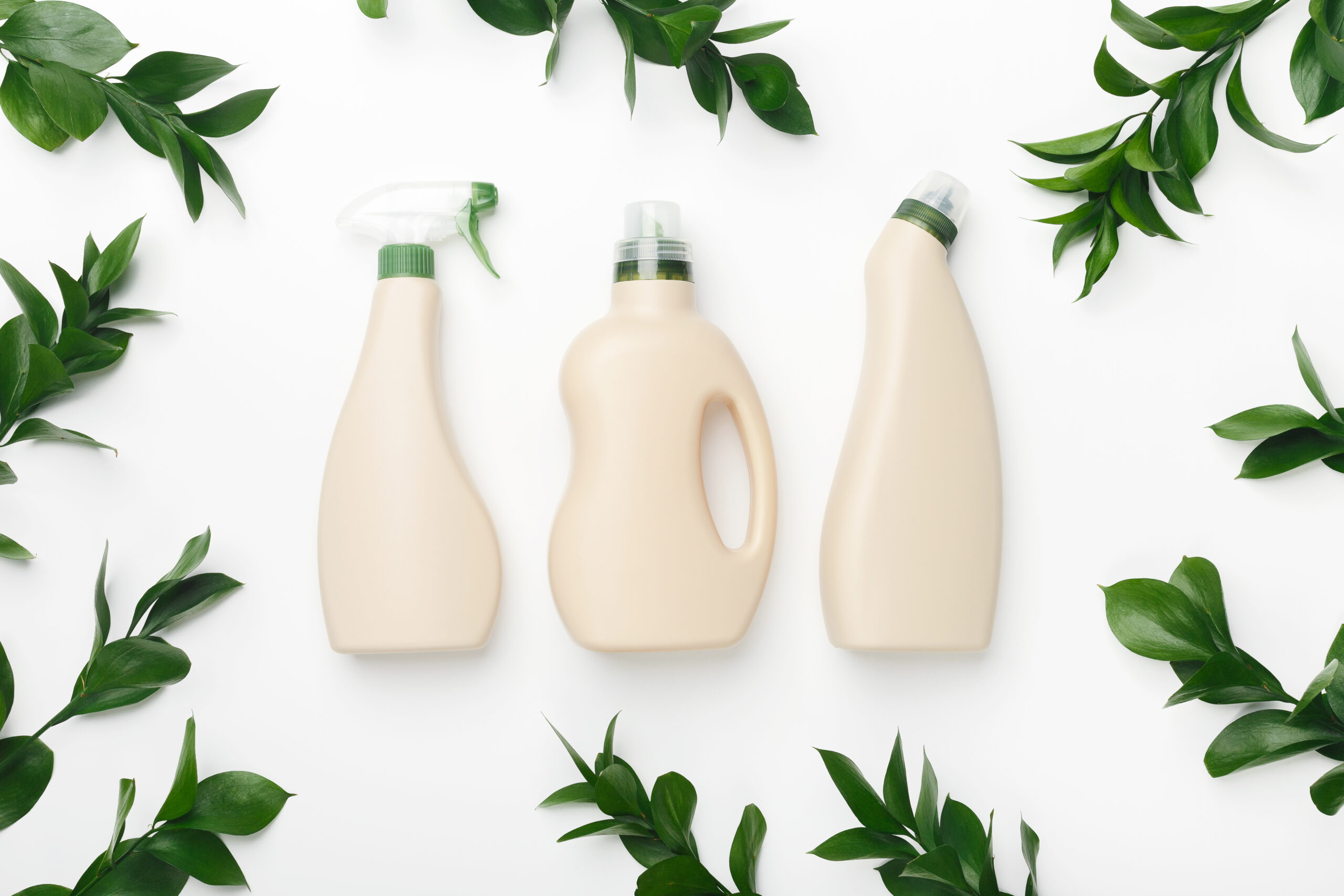
The term “green” on cleaning products can be misleading, as it doesn’t always guarantee that the product is eco-friendly or non-toxic. Some products labeled as green may still contain harmful chemicals or require unsustainable manufacturing processes. It’s important to research the product’s ingredients and certifications to ensure it meets your environmental standards.
You Should Always Use Hot Water for Cleaning
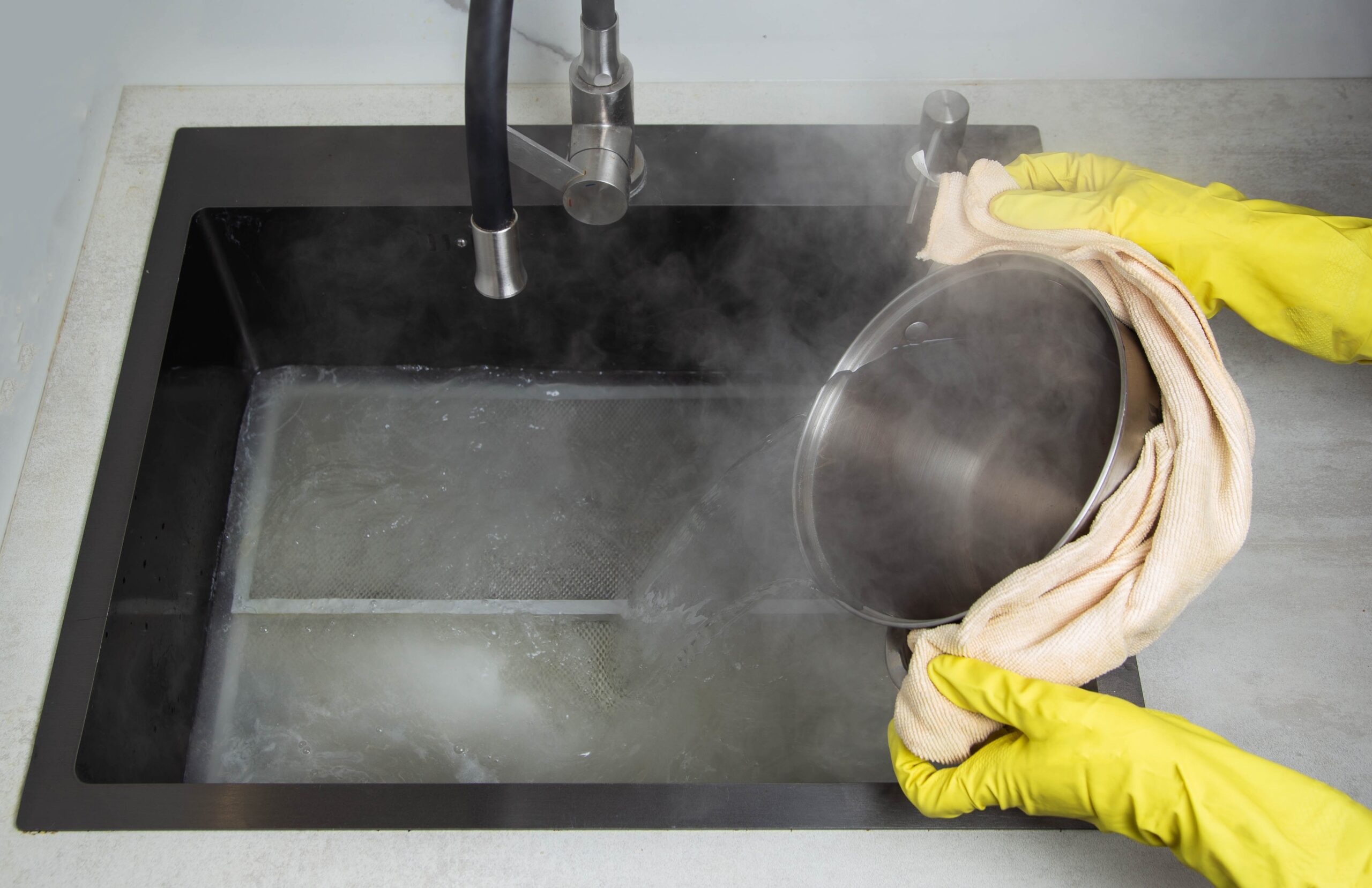
It’s a common belief that hot water is always more effective for cleaning, but this isn’t the case for all situations. Some cleaning agents, like enzyme-based detergents, actually work better in cold water. Hot water can also set certain stains, making them harder to remove. It’s important to use the appropriate water temperature depending on the cleaning product and the type of stain or dirt.
Cleaning with Alcohol Kills All Germs
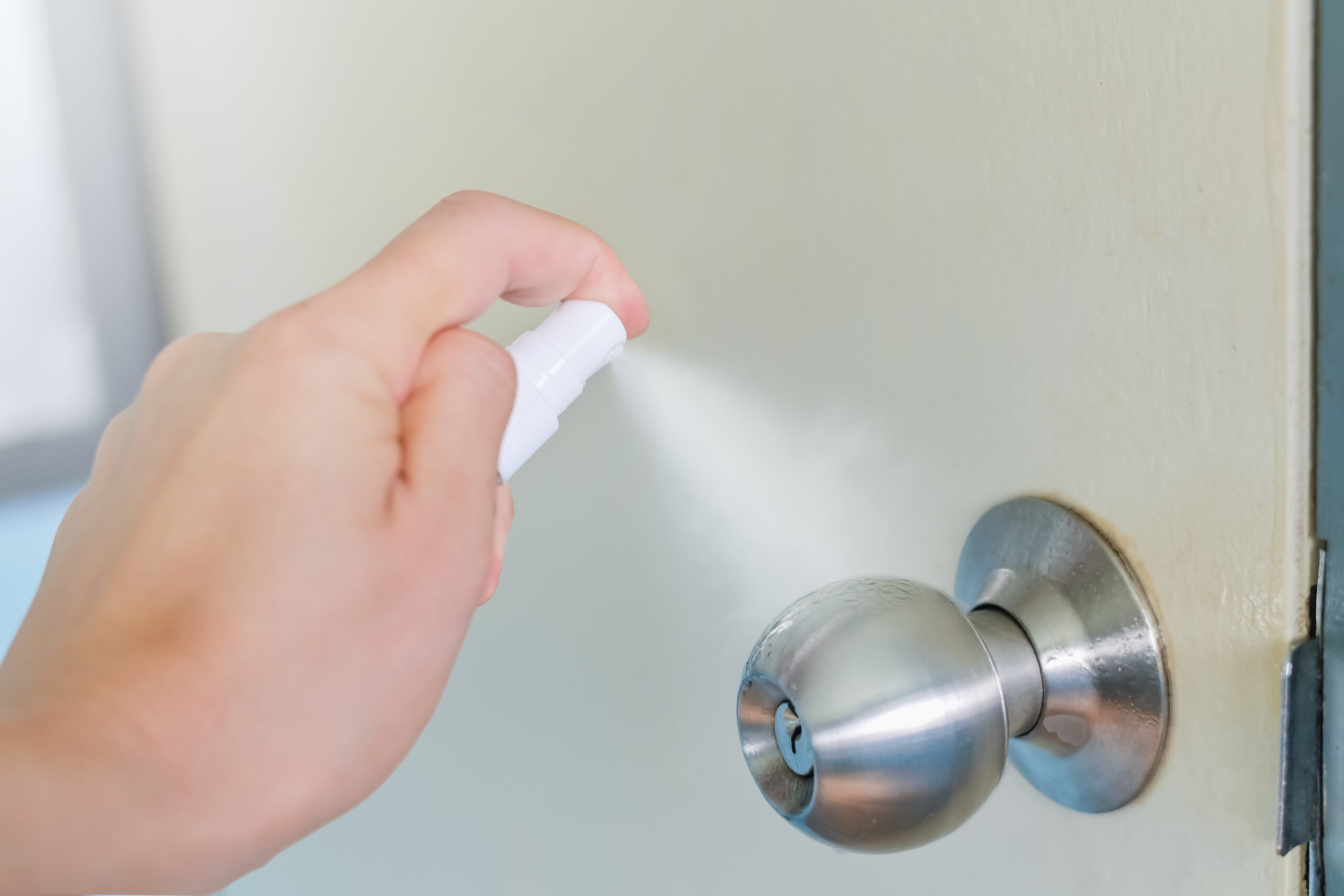
Rubbing alcohol is often believed to kill all germs, but its effectiveness depends on concentration and proper use. Alcohol needs to be at least 60-70% concentration to effectively kill most bacteria and viruses. Even then, it may not be effective against all types of pathogens, such as spores. Moreover, it evaporates quickly, which can reduce its contact time with germs, making it less effective.
This article originally appeared on RetailShout.
More From RetailShout
18 High-Fiber Foods That Help Maintain a Balanced Diet
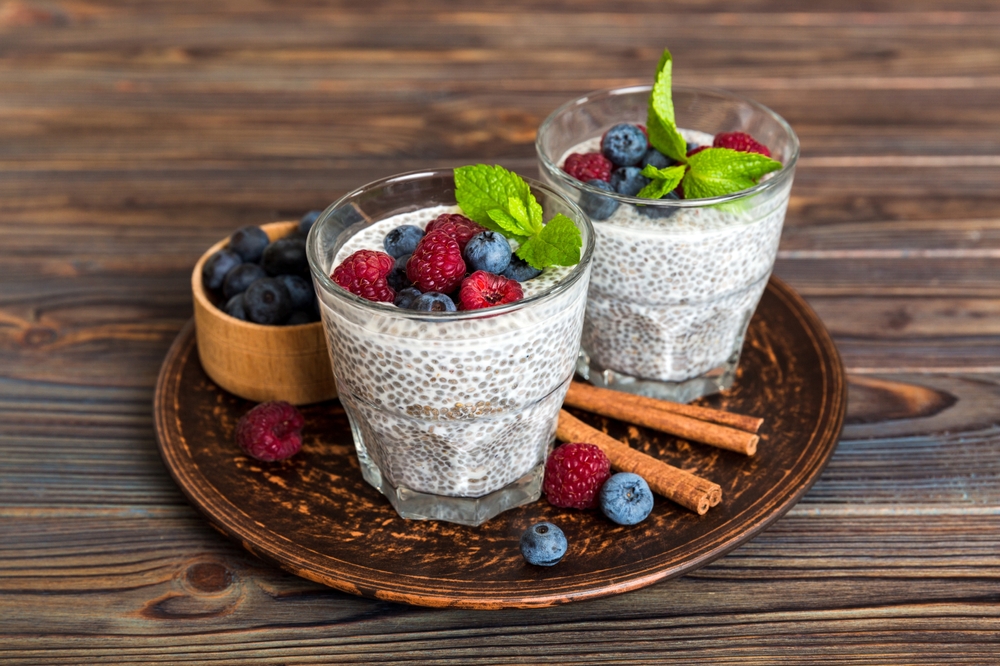
Eating enough fiber is one of the easiest ways to keep your body running smoothly. It supports healthy digestion, keeps you feeling full longer, and even helps manage cholesterol and blood sugar levels. Read More.
14 Mouthwatering Barbecue Recipes for the Perfect Grill
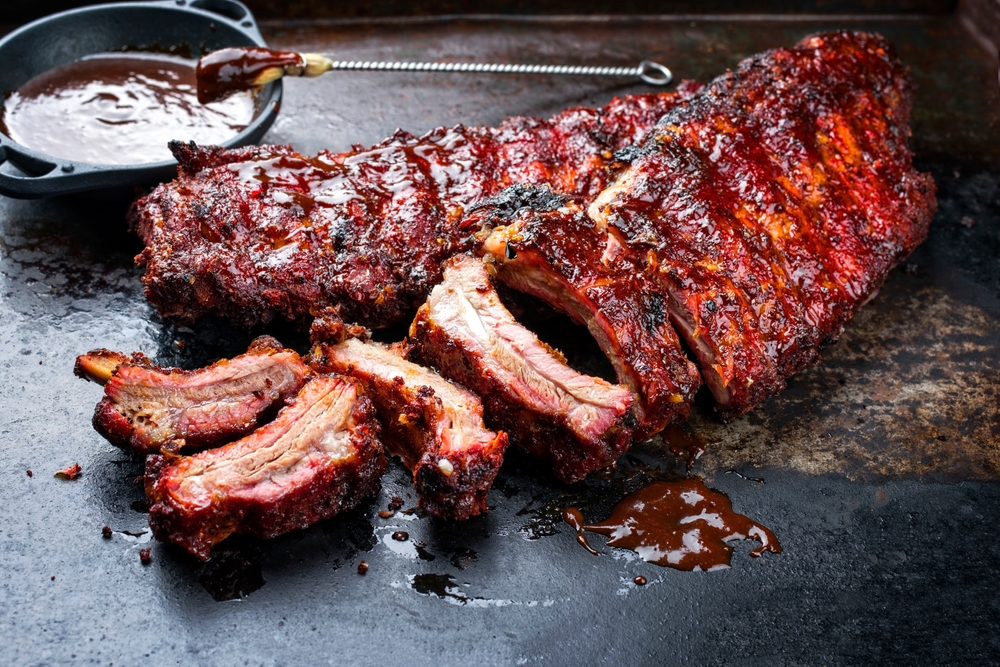
Want to up your barbecue game? These recipes will make you the star of any cookout. They’re simple, delicious, and will have you feeling like a true pitmaster in no time. Read More
25 Perfectly Baked Chicken Recipes for Any Meal

When it comes to cooking chicken, baking is one of the easiest and most foolproof methods that always delivers delicious results. These baked chicken recipes will help you mix things up in the kitchen and make meal planning a breeze. Read More.



